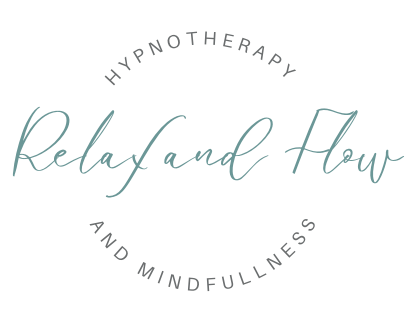How Safe Does Your Inner Child/Primitive Brain Feel?
How safe your primitive brain or inner child feels is of fundamental importance for your sense of wellbeing, your physical comfort and confidence, and your mental health.
When this largely subconscious part of you feels safe you can feel comfortable, pain free, calm, confident and full of energy; but when your inner child feels unsafe all messages from the outside world, thoughts in the mind and sensations within the body are seen through a lens of danger. When this happens, the outside world feels threatening, thoughts seem dangerous and can trigger anxiety and depression, and safe sensations can become pain, nausea, itchiness, and fatigue.
How Can You Gauge How Safe Your Inner Child/Primitive Brain Feels?
All those symptoms and states I mentioned above are very good indicators of how safe your inner child feels. If you are very good at listening to your inner self you may have a quiet mind and body but many of us are not so good at this listening and then our primitive brains end up having to shout louder in order for us to start hearing what they are trying to tell us. This primitive inner self is not so good at using words so it uses anxiety (including panic and fear), depression (including grief), pain, nausea, itchiness and fatigue to try and get its message across. When these states and symptoms emerge, unless we listen to them they will tend to get worse until we do listen.
How Can You Listen To Your Inner Child/Primitive Brain?
It is very common in life when feeling these uncomfortable states and symptoms to try to power through. Thoughts like, ‘I can’t afford to spend time on my feelings, I’ve got work to do, I need to get on,’ or ‘pull yourself together, don’t be such a ……..,’ can easily emerge. Although in the short term this can be a strategy to get through a temporary difficulty and get your life tasks done, in the medium and longer term they can lead to these difficult states and symptoms getting worse and becoming more chronic. If we still choose to power through it can become tempting or even necessary to start self-medicating to lessen the discomfort and make it possible to continue functioning. But it is at times like these when it is really useful to have some self-listening strategies so that our inner selves can start to feel listened to and as a result, turn down the volume of these difficult states and symptoms.
So, find a comfortable position to sit or lie in for a few minutes, slow down your breathing just a bit and we can begin.
If you already have strong and difficult sensations in your body then you can listen to those, if, on the other hand, you have strong and difficult emotions then you can scan your body and find what physical sensations you are experiencing when you have these emotions, and you can listen to those.
At this point, a word of caution – if these physical sensations are so strong that you feel you have to do something in order to relieve them then this is not a good time to continue with this exercise – instead, you can come back to it later, once the sensations have calmed down enough to sit still with them – in the meantime, find a sensation in your body, perhaps in your breathing, which feels pleasant, and focus, gently on that for a few minutes, as if you are lying back on the grass on a warm day, watching the clouds moving in the sky.
If your sensations are not at this, too difficult to stay with them and not try to change them level, then you can continue with the exercise. Start small and gradually spend longer each time, remembering that you can always change to watching pleasant sensations if it gets a bit too much.
It is really important that as you do this gentle ‘watching sensations’ exercise that you do it in a really easy way, as if you are enjoying watching the clouds moving through the sky or a beautiful sunset. So, just watch those sensations; and you can be interested to see just what happens to them. Do they intensify or subside; do they move around; does the quality of them change (maybe from a prickling sensation to a pulsing sensation, for example); do they stay the same? Whatever they do, just listening to them, showing your inner child/primitive brain that you are listening to them can be a good start in making your inner self feel listened to, supported and safe.
Related posts
Easing chronic pain and anxiety to make life less difficult
When I have put my subconscious mind on high alert it tends to interpret neutral signals from the bo
Ways of Finding Calm and Positivity When Feeling Pain or Anxiety?
To address the question of finding calm and positivity while experiencing pain and anxiety I am goin
How Can You Calm Your Nervous System?
It can feel hard to calm your nervous system. This is especially true at times in life when the nerv



